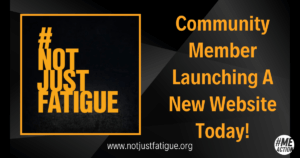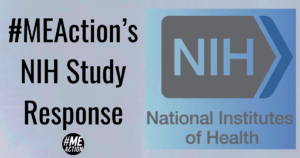Journalist and public health expert David Tuller completed yesterday the publication of his highly critical investigation into the UK’s £5 million PACE trial, on the well known Virology Blog (see Parts 1 and 2, Part 3 and Part 4).
The PACE trial was a non-blind study of cognitive behaviour therapy (CBT) and graded exercise therapy (GET) for chronic fatigue syndrome that used subjective self-reports from patients as its main outcome measures. The study authors claimed that the therapies led to recovery for some patients. The trial’s results are used to justify the use of these treatments for ME/CFS patients worldwide.
As Tuller explains, “In the U.K. itself, the Medical Research Council, in a modest shift, has awarded some grants for biomedical research, but the PACE approach remains the dominant framework for treatment within the national health system.”
However, Tuller highlights serious flaws in the PACE trial’s methods and says that top researchers whom he interviewed confirm that the study is “fraught with indefensible methodological problems.” He reports that the study’s measurement methodologies changed partway through the trial and that all four of the criteria for recovery specified in the protocol were abandoned and replaced with weaker criteria.
The recovery criteria for fatigue and physical function were weakened so much that patients could score worse than they had on trial entry and still be classed as recovered. Biostatistician Dr Bruce Levin, of Columbia University, told Tuller, “I find it nearly inconceivable that a trial’s data monitoring committee would have approved such a protocol problem if they were aware of it.”
Furthermore, Tuller reports that partway through the trial, the study authors posted a participants’ newsletter on the trial website saying that government guidelines recommended CBT and GET as effective treatments, but the treatments used in the other arms of the trial were not mentioned. Levin described the move to Tuller as “the height of clinical trial amateurism.”
Dr Arthur Reingold, a senior epidemiologist at the University of California, told Tuller that this action “raised concerns about the overall integrity of the findings” and that “an independent review of the trial conducted by experts not involved in the design or conduct of the study would seem to be very much in order”.
Emeritus Professor Jonathan Edwards of University College London, internationally known for his discovery of an effective treatment for rheumatoid arthritis, said to Tuller: “It’s a mass of un-interpretability to me…All the issues with the trial are extremely worrying, making interpretation of the clinical significance of the findings more or less impossible.”
The objective measures used in the trial, including a walking test, did not, Tuller says, support the authors’ claims concerning recovery, but the study authors dismissed these measures even though they themselves had designed them. At the end of the trial, patients in the exercise arm walked fewer meters in six minutes than patients with pacemakers, patients with class II heart failure, and cystic fibrosis patients. Despite the researchers’ claims that CBT and GET helps get patients back to work, patients in all arms of the study had a modest increase in social welfare benefits received at the end of the trial. As Tuller explained, “there were also no differences among the groups in days lost from work.”
Tuller says that letters and articles published in medical journals by patients — especially Tom Kindlon of the Irish ME/CFS Association — drew his attention to the problems with the trial. But, he notes, patients’ attempts to get the study’s authors and the journals in which they published to correct or retract the inflated claims of recovery have been unsuccessful.
Patients have filed freedom-of-information requests with Queen Mary University of London, White’s home base, for the results as defined in the protocol, but these requests have been refused. Tuller says that when a patient requested data last year on how the patients deemed ‘recovered’ by the investigators in the 2013 Psychological Medicine paper on PACE had performed on the six-minute walking test, QMUL initially rejected the request as “vexatious.”
Tuller notes that in a radio interview, Richard Horton, editor of The Lancet, where the first PACE results were published, said that patients’ criticisms of the trial were based on “the flimsiest and most unfair allegations” and that “what the investigators did scrupulously was to look at chronic fatigue syndrome from an utterly impartial perspective.”
But Stanford University geneticist Dr Ron Davis, world-famous for work that led to the Human Genome Project and whose son is gravely ill with ME/CFS, supports Tuller’s and the patients’ view of the trial.
Davis told Tuller, “I’m shocked that the Lancet published it…The PACE study has so many flaws and there are so many questions you’d want to ask about it that I don’t understand how it got through any kind of peer review.” He added, “Maybe The Lancet picked reviewers who agreed with the authors and raved about the paper, and the journal went along without digging into the details.”
Neither Horton nor any of the three prinicipal investigators of the PACE trial — Professors Peter White, Trudie Chalder and Michael Sharpe — granted Tuller an interview. However, in declining, White told Tuller: “We think our work speaks for itself.”
Featured Image by Gary Fredrick
Correction: The article initially stated that study participants “received a newsletter from the study authors saying that government guidelines recommended CBT and GET as effective treatments.” The newsletter was posted on the trial website, so may not have been seen by all participants.

Home Test To Treat: Access Free Home Telehealth for Flu & COVID-19 Infections
#MEAction and Body Politic* are excited to collaborate with Home Test To Treat to share their critically important resource! Acute COVID-19 treatment and testing is unfortunately becoming harder and harder to access with the U.S. government public health emergency having been declared ended. The Home Test To Treat pilot program is a way to fill





7 thoughts on “Investigative Journalist Exposes PACE Trial”
Moral of the story; listen to the patients, ME sufferers are generally more informed than doctors and form the most valuable/reliable insight into this illness. Start listening please!
I suffered from m.e/cfs for 7 years. As someone who did the cbt/get therapy I can tell you what a pile of nonsence it is. Worse still it is harmful to M.e patients. I had got to a stable level where i could control the severity of my symptons by not overdoing any activity. The cbt/get therapy set me back 6 months. When will the medical profession understand ME/cfs patients are genuinely ill and not just imagining their symptoms. Nothing has changed in the 10 years since I recovered from m.e. I stopped going to the doctors and specialists and found a way of curing myself through diet, aloe vera and anti bacterials. Aloe vera juice was the key thing that worked for me but hasn’t worked for friends.
On the course that I did we were told they had cured many people of m.e but couldnt produce any evidence of this when asked at the end of the course. There was also a 50/50 mix of m.e and non m.e people on the course. the non m.e people got fitter week by week and found the course helpful but the staff wouldnt accept that m.e people were not improving and experiencing worsening symptons. we were told many times that it was our negative thinking that was causing this.
Can MEAction write an open letter to Peter White et al, this whole trial is a travesty, which in turn is harming sufferers.
The question I have is what do we as advocates do with this expose?
If I understand correctly from David Tuller’s articles, the premise behind the PACE study is that we all got sick with a biological illness or infection of some sort, in my case EBV, and then got well. But that illness experience frightened us so much that we became psychologically activity-adverse and need CBT and GET to overcome the remaining psychological problem. Would that it were so…
This premise is the foundation of the belief that “it’s all in our heads.” And the fact that multitudes of ME/CFS patients have made virtually unending attempts to return to our former lives or to exercise to recondition ourselves or to just go to a friend’s wedding prove that we are not afraid of activity. If anything, we’re too eager to do whatever we can manage, often to our own detriment. I don’t know of any patient–do you?–who has not overdone and paid the heavy price of relapse. So the premise of these studies is wrong on its face. And we need to challenge it in every possible way to buttress our arguments for equal and what I believe should be compensatory research funding now.
But I don’t know how to go about doing this within the US medical establishment?
“We think our work speaks for itself.”
Yes, it does, Prof White. But it is saying something very different from what you are hearing.
For readers in the US, information about international postal rates for mail sent to Denmark can be found here: http://ircalc.usps.com/?country=10087
FYI UK readers: Professor Jonathan Edwards is on Invest in ME Research Advisory Board – http://www.investinme.org/IIME%20AB.htm – and is advising the charity on a UK clinical trial of rituximab – http://www.ukrituximabtrial.org/ – which is preceded by B-cell research to identify likely responders.
Comments are closed.